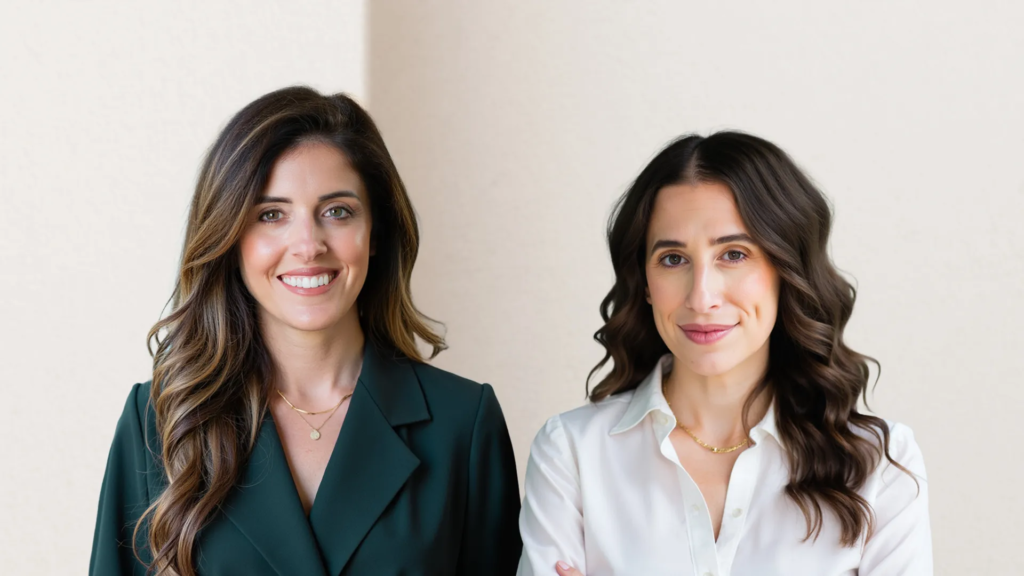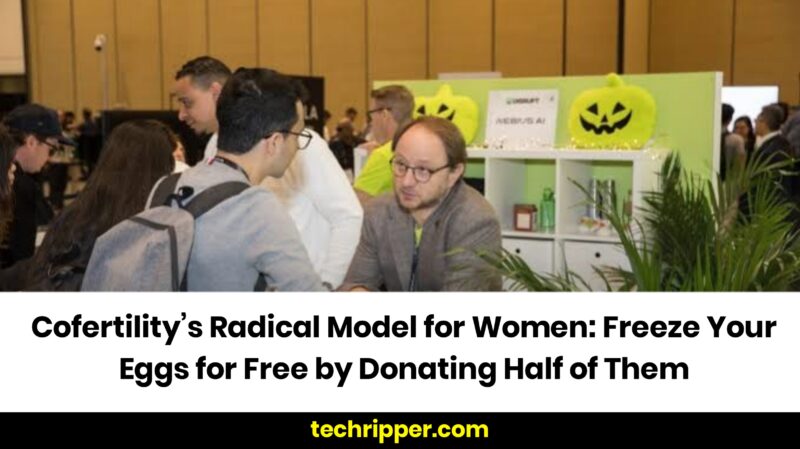In recent years, delayed marriages and a growing focus on careers have led many women to consider preserving their fertility through egg freezing. However, the steep cost of the procedure, which can range from $10,000 to $15,000 per attempt, makes it unaffordable for many women during their most fertile years—typically in their 20s and early 30s.
Enter Cofertility, a startup founded by former Uber executive Lauren Makler and health tech angel investor Halle Tecco, which offers women the opportunity to freeze their eggs for free in exchange for donating half of the eggs retrieved to those unable to conceive.
Cofertility’s innovative model has gained attention in the fertility industry. The three-year-old startup recently raised a $7.25 million Series A round, led by Next Ventures and Offline Ventures, with participation from Initialized, Gaingels, and several other investors. This round brings Cofertility’s total funding to $16 million.

Makler’s personal experience with fertility challenges inspired the creation of Cofertility. In 2018, she was diagnosed with a rare abdominal disease that required multiple surgeries, putting her ovaries at risk. While doctors suggested egg freezing for women in her situation, it wasn’t an option for her at that time. As she explored egg donation, she was shocked to learn about the high costs, especially when looking for a donor from specific backgrounds or qualifications.
“I felt sort of like surge pricing for egg donors, which felt icky to me,” Makler said, referencing her former experience with Uber’s surge pricing model.
Fortunately, Makler conceived a child naturally, but her experience led her to think about how she could help other women facing similar fertility challenges. She realized there was an opportunity to match women who wanted to preserve their fertility with intended parents in need of donor eggs.
While egg sharing isn’t new, Cofertility’s is unique in offering eggs at scale. The program has hundreds of available donors at any given time, compared to traditional fertility clinics that may only have a handful of donors, which often limits the chance of a match.
Cofertility’s donors come from diverse backgrounds, with about 55% holding graduate degrees. Women interested in freezing their eggs can donate half to intended parents, while the parents cover the egg retrieval costs and Cofertility’s coordination fee—without compensating the donor, which lowers the intended parents’ overall expenses.
Makler’s mission extends beyond just creating a business; she aims to remove the stigma around egg donation. “There is zero shame in however you become a parent,” she said. “Doing that with the help of a donor who’s also interested in freezing her own eggs is a really exciting option.”
In an effort to change the conversation, Cofertility is working to challenge the existing structures in the fertility industry, providing a more affordable and accessible path to parenthood for women while addressing the growing demand for egg donations.
Also Read : Stripe CEO Says His Top Leaders Interview a Customer Twice a Month








